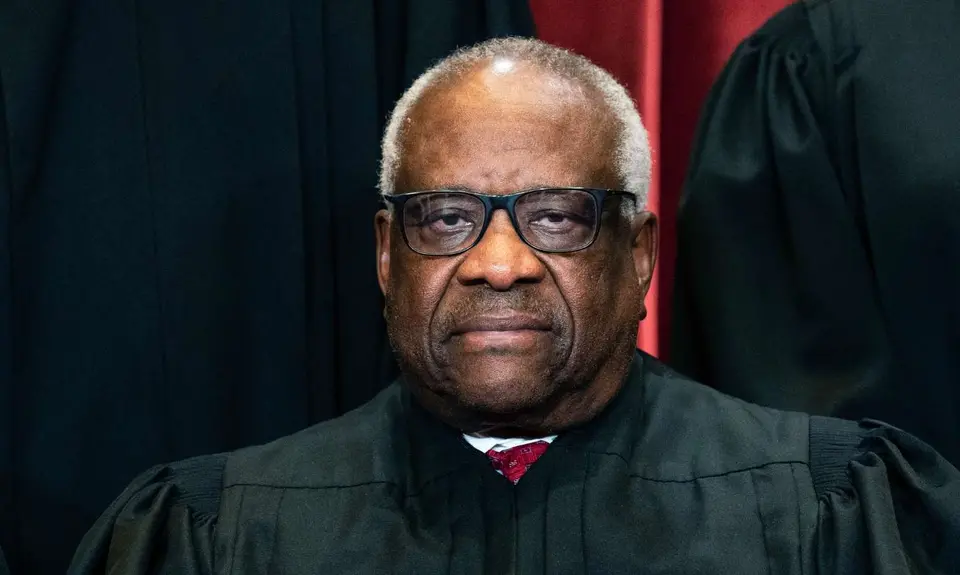First published in The Hill.
It’s safe to say the D.C. Federal Circuit Court doesn’t often generate plots that could work as movie thrillers. Glance at its docket and you’ll see an alphabet soup of cases involving the IRS, the Federal Energy Regulatory Commission, the National Labor Relations Board and the Federal Communications Commission.
So it was pretty striking earlier this month to hear judges and lawyers at the court dissect this wild scenario: a U.S. president orders SEAL Team 6 to assassinate a political rival. Suspense hinges on whether that president faces criminal charges, or gets off scot-free because presidents are immune from prosecution.
That’s the hypothetical situation Judge Florence Pan posed to a lawyer for Donald Trump, who is desperately claiming immunity from prosecution for the insurrection on Jan. 6, 2021. The lawyer — incredibly — couldn’t give a straight answer. And the Trump team’s claim of total presidential immunity was met with skepticism, even incredulity, from the three-judge panel at the D.C. Circuit.
Next stop: the Supreme Court — according to analysts who say the case is likely to land there no matter how the D.C. Circuit rules.
If it does, Justice Clarence Thomas must recuse himself.
It’s well known that Thomas’s wife, Ginni, was deeply, demonstrably, committed to overturning the 2020 presidential election in the run-up to Jan. 6. And there is no way that anything Clarence Thomas does or says about the insurrection will not appear tainted by that.
It was tempting to wish that Thomas had set a precedent for himself when he recused himself in another case related to Jan. 6 last fall. That case involved Trump lawyer John Eastman’s complaint that the Jan. 6 committee’s review and release of his pro-insurrection emails hurt his reputation. (Sorry; not much sympathy here.)
But everyone knew Eastman had clerked for Thomas, and the case was a minor one in the grand scheme of things.
Since then, Thomas should have stepped back — but didn’t — in another case before the court now, which will decide whether Trump can be removed from state ballots. Among other things, that case hinges on whether Trump can be said to have engaged in the illegal effort to overturn the election: The exact thing that at least one of the Thomases was rooting for.
And the sad fact is that there is little in Thomas’s record to make us think he would step aside now, in a case of such existential importance in Trump World.
There’s his relaxed attitude toward judicial ethics requirements combined with an affection for Republican billionaires and their yachts, planes and parties.
There’s his resistance as multiple advocates and members of Congress are calling for him to resign, for the Justice Department to investigate him and for Congress to pass a binding code of conduct to stop the kinds of ethical lapses Thomas keeps committing.
There’s the fact that Thomas was the only Supreme Court justice who backed Trump’s attempt to keep White House records from being shared with the congressional committee investigating Jan. 6.
And there’s his apparent willingness to ignore even the code of conduct the Supreme Court recently wrote for itself, which includes a requirement to avoid not just impropriety but the appearance of impropriety.
Pressure should be put on Thomas to remind him that the appearance of impropriety alone is enough to erode public trust. Only the Thomases know what private conversations they might have had about the 2020 election. But trust is the currency our justice system trades in, and Thomas already has very little in the bank. Failing to recuse himself from ruling on Trump’s immunity case would break that bank, with dire consequences for far more than just his reputation.
We have to remember this: Trump will not stop trying every means possible, legitimate and illegitimate, to regain power and escape accountability for Jan. 6. His success or failure will determine not just the course of our democracy, but how the story of these times is ultimately told.
Will our kids’ history books teach that Jan. 6 was a violent and failed attempt to undermine our democracy, or — as far-right revisionists would have it — a time when “patriots” stormed the Capitol and were unjustly persecuted? The latter prospect is frightening.
All of these questions about our future as a country are being decided now. Justice Thomas is far too ethically compromised to have any part in that.
